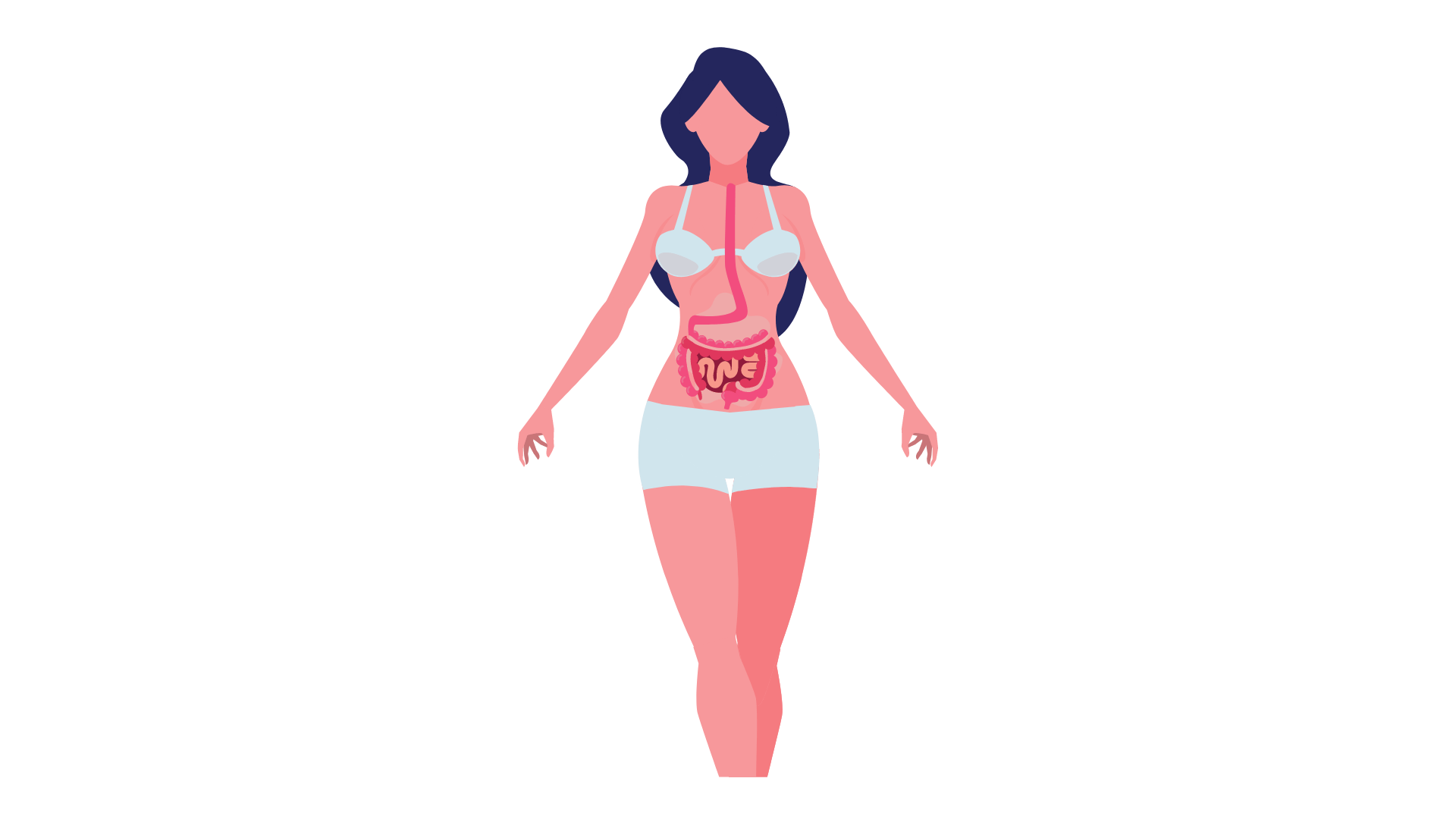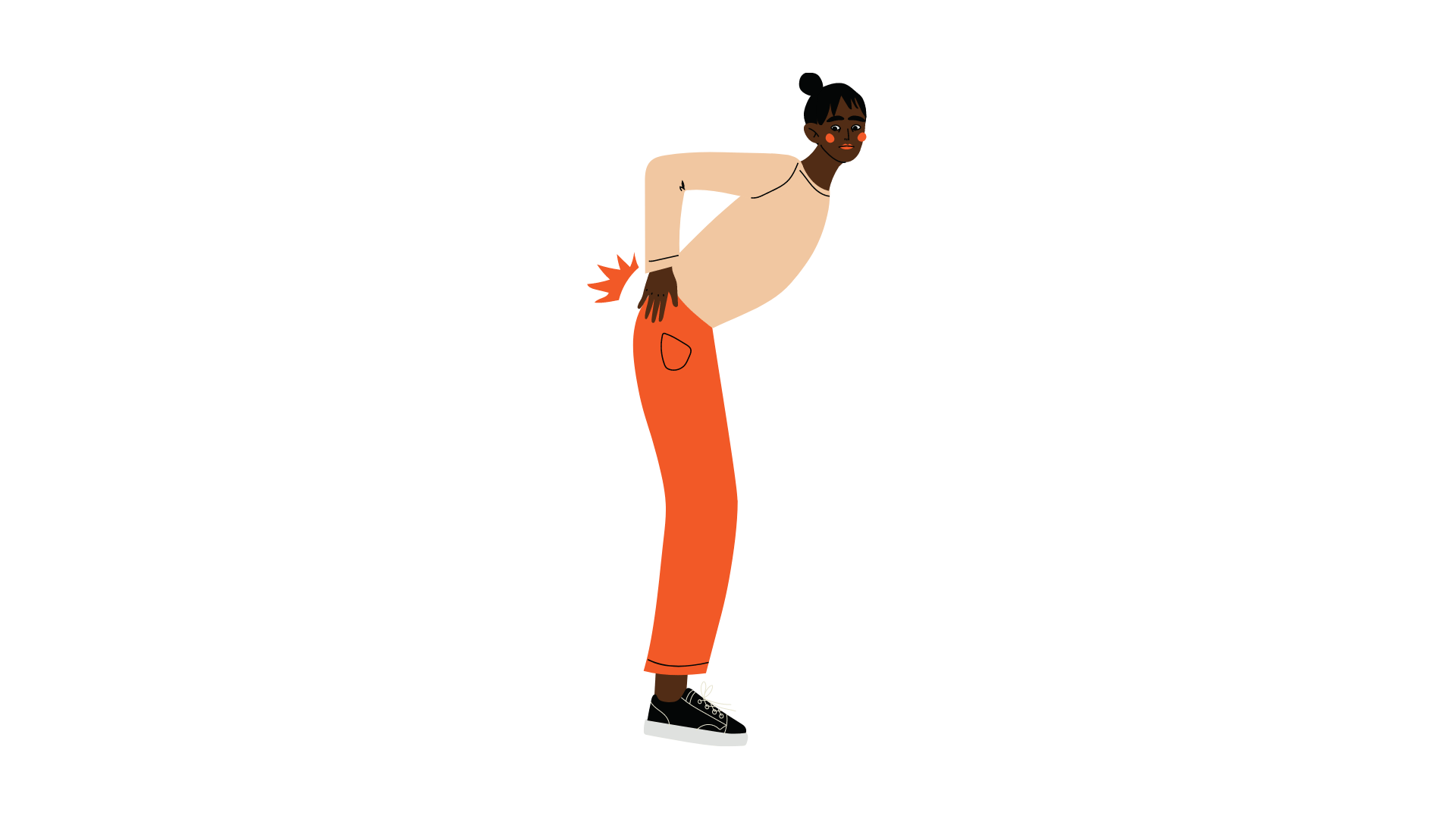Natural Solutions for
Women in midlife
Changes Happen
Supporting a smooth transition
In midlife, women transition into the next biological stage of life: menopause. For some, this transition occurs without incidence. Others may experience disruptive symptoms such as hot flashes and insomnia, to name a few. Also, midlife brings an increased risk of developing chronic diseases such as cardiovascular disease, diabetes, and hypertension. Women want effective and safe alternatives to hormone therapy to reduce symptoms. They want natural ways to support their overall health, so they can fully enjoy their lives.
At Activa Pro Insights, we provide you with science-backed solutions that tap into the vitality of nature (plants and trace elements) to support your female clients’ well-being in midlife and beyond.
Health Concerns
At Activa, we focus on natural solutions to help women address five of the most common health issues faced during the midlife transition:
Insomnia

Studies have shown that 33-51% of women show a dramatic increase in disturbed sleep in the midlife years, a time when they enter menopause [1]. Emerging research indicates the impact of severe insomnia symptoms could extend beyond immediate health care usage and quality of life issues to long-term mental and physical health if left untreated in midlife women [2].
Digestive issues

With age, many bodily functions slow down, including the digestive tract, leading to less efficient absorption of nutrients and developing symptoms such as heartburn. Sleep disturbances can further throw digestion out of balance. Studies have shown that women in the menopause transition were 2.9 times more likely to have GERD symptoms [3].
Stress and Anxiety

Chronic stress can disrupt almost all body processes, causing symptoms in common with those attributed to menopause, including weight gain, insomnia, forgetfulness, and low libido [4]. In midlife, women face myriad psychosocial stressors, particularly employment, that can adversely affect health by triggering symptoms and exacerbating existing imbalances and pathologies [5].
Mobility Constraints

Mobility (walking) disabilities in the middle-aged are relatively common, with 9% of people aged 50 to 69 years in the United States reporting difficulties moving unassisted around the community, walking a quarter mile, or walking up ten steps [7]. The prevalence of osteoarthritis in women, especially of the knee, increases with age [8], with symptoms appearing in the 40’s and worsening during menopause [9].
Memory and Brain Fog

60% of women report memory problems during the menopause transition [10]. Studies have explored various causes for these cognitive issues, including estrogen deficits and reduced serotonin synthesis [11]. For most women, the memory and brain fog clear after the menopause transition concludes. Meantime, natural solutions exist to help women manage this situation.
[1] DOI: 10.1097/01.jnr.0000387536.60760.4e
[2] DOI: 10.2147/NSS.S125807
[3] https://doi.org/10.1111/j.1745-7599.2008.00316.x
[4] Mayo Clinic Staff 2016, April 21 – Chronic stress puts your health at risk
[5] https://doi.org/10.1097/gme.0b013e31817ed261
[7] https://www.ncbi.nlm.nih.gov/pmc/articles/PMC1831629/
[8] https://europepmc.org/article/med/16844440
[9] https://www.hss.edu/conditions_why-women-higher-risk-getting-arthritis.asp
[10] https://www.ncbi.nlm.nih.gov/pmc/articles/PMC2690984/
